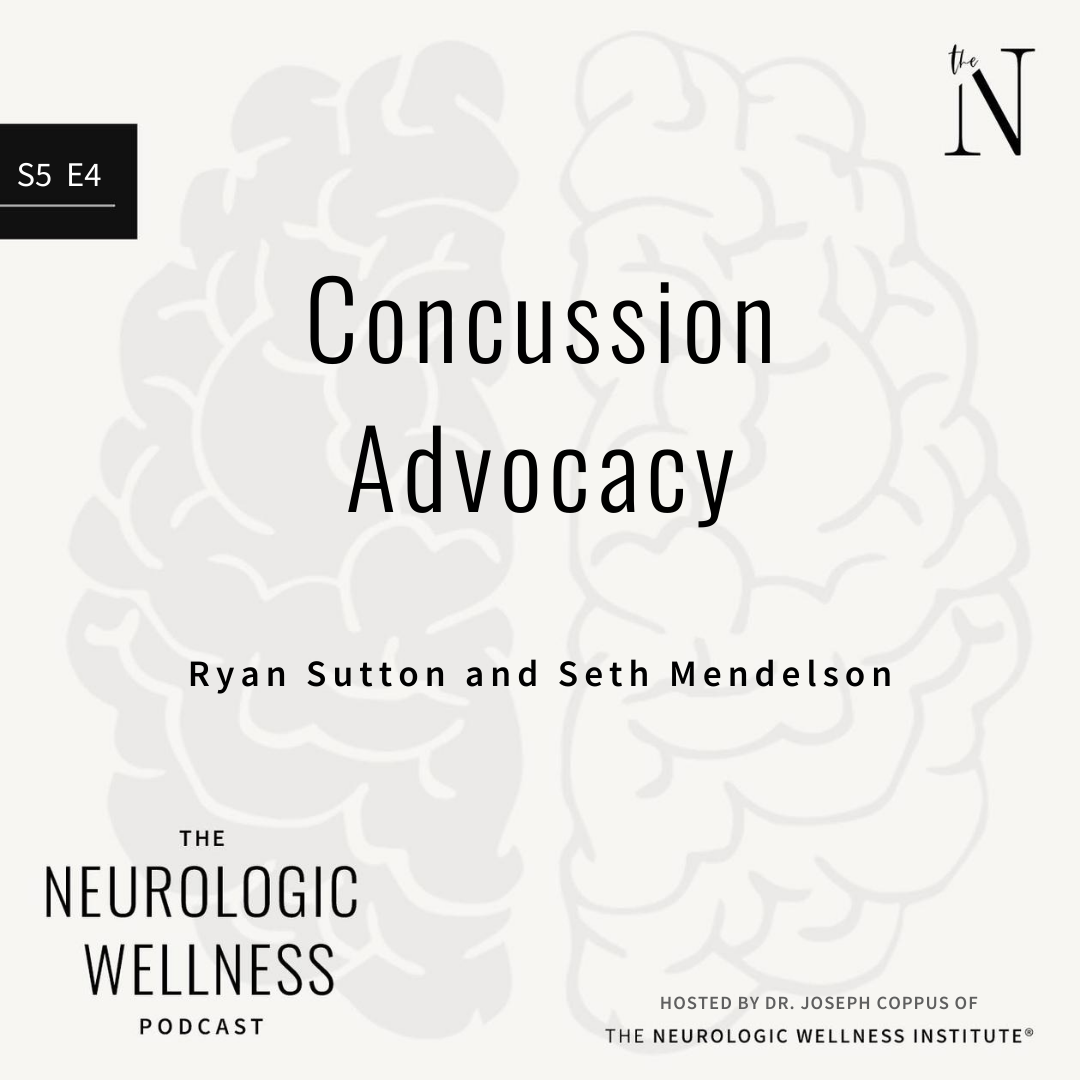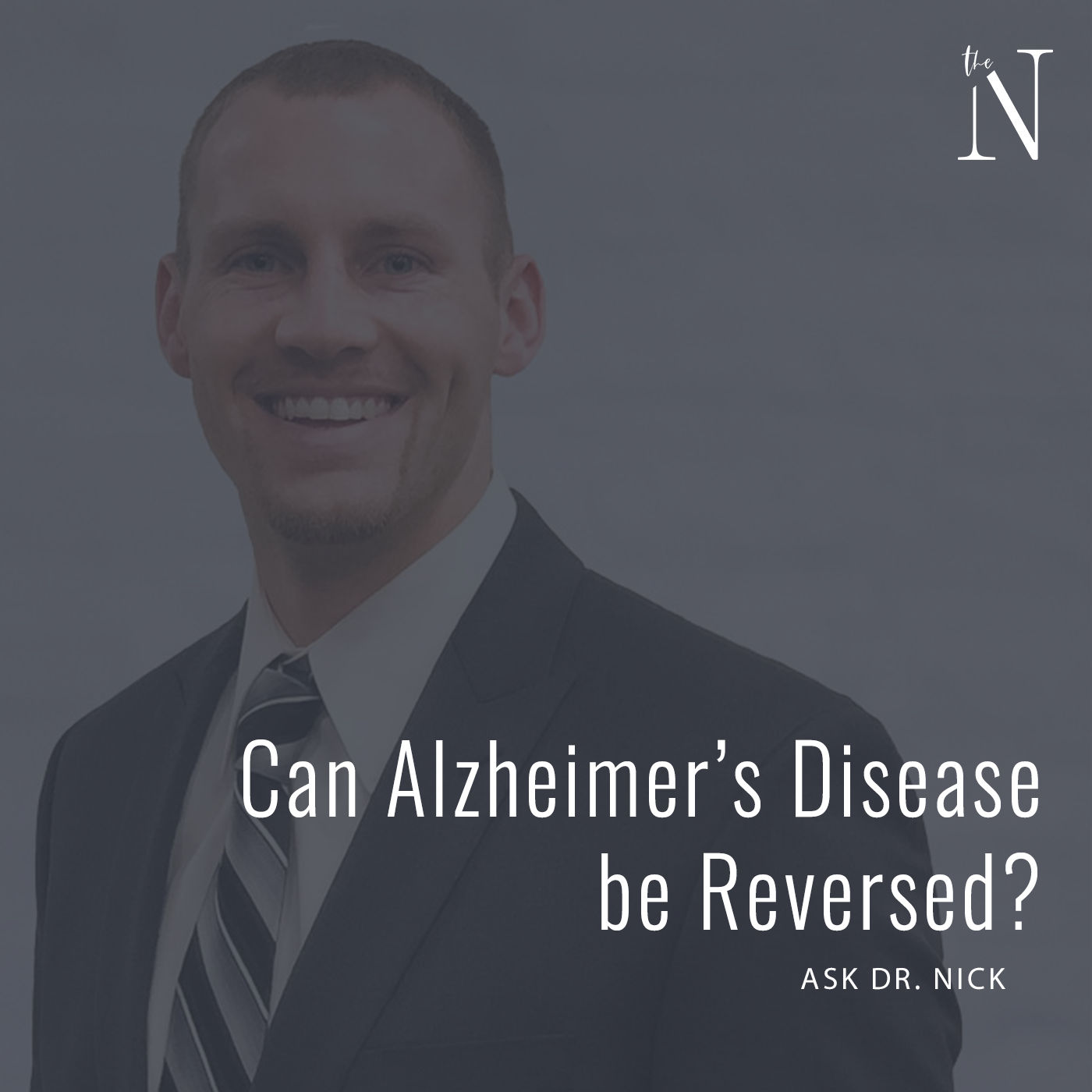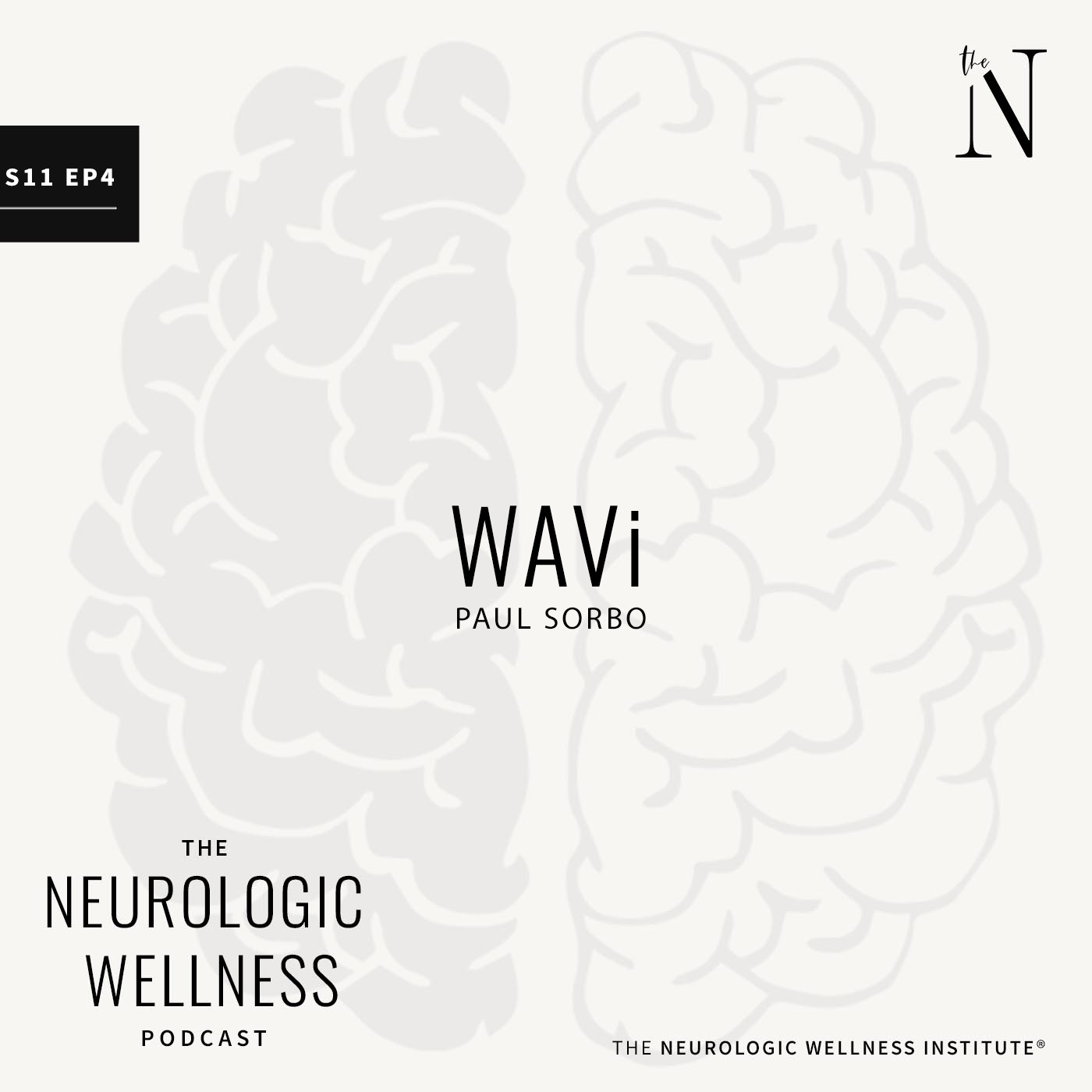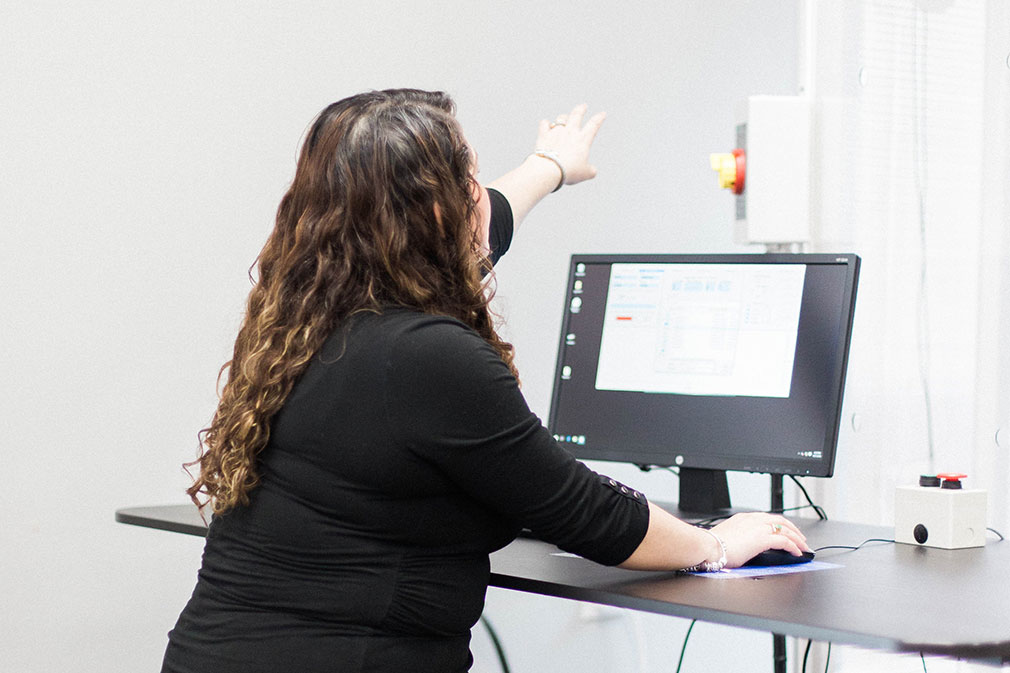Ask Dr. Nick
On today’s episode, Dr. Nick talks about how playing soccer can increase the risk for sustaining a concussion. The concussion rates in soccer are as high as typical contact sports like football and hockey. This is mainly due to players hitting heads when attempting to head the ball. Also, heading the ball itself, especially repetitively in practice or games, can produce subconcussive hits leading to cumulative brain damage over time. This can be worse in women’s soccer because females have longer and thinner necks leading to less stability and control of head movement. These effects can be seen in brain imaging studies and functional cognitive impairment in athletes. Although eliminating risk of concussions in sports is not possible, there are rehab exercises and nutritional guidance that can decrease risk. Athletes, parents, and officials need to be aware of these in order to properly make decisions and form rules and regulations to decrease overall risk. Check out the video for more in depth information on how soccer increases the risk of concussions!
- Rodrigues AC, Lasmar RP, Caramelli P. Effects of Soccer Heading on Brain Structure and Function. Front Neurol. 2016;7:38.
- Bunc G, Ravnik J, Velnar T. May Heading in Soccer Result in Traumatic Brain Injury? A Review of Literature. Med Arch. 2017;71(5):356-359.




